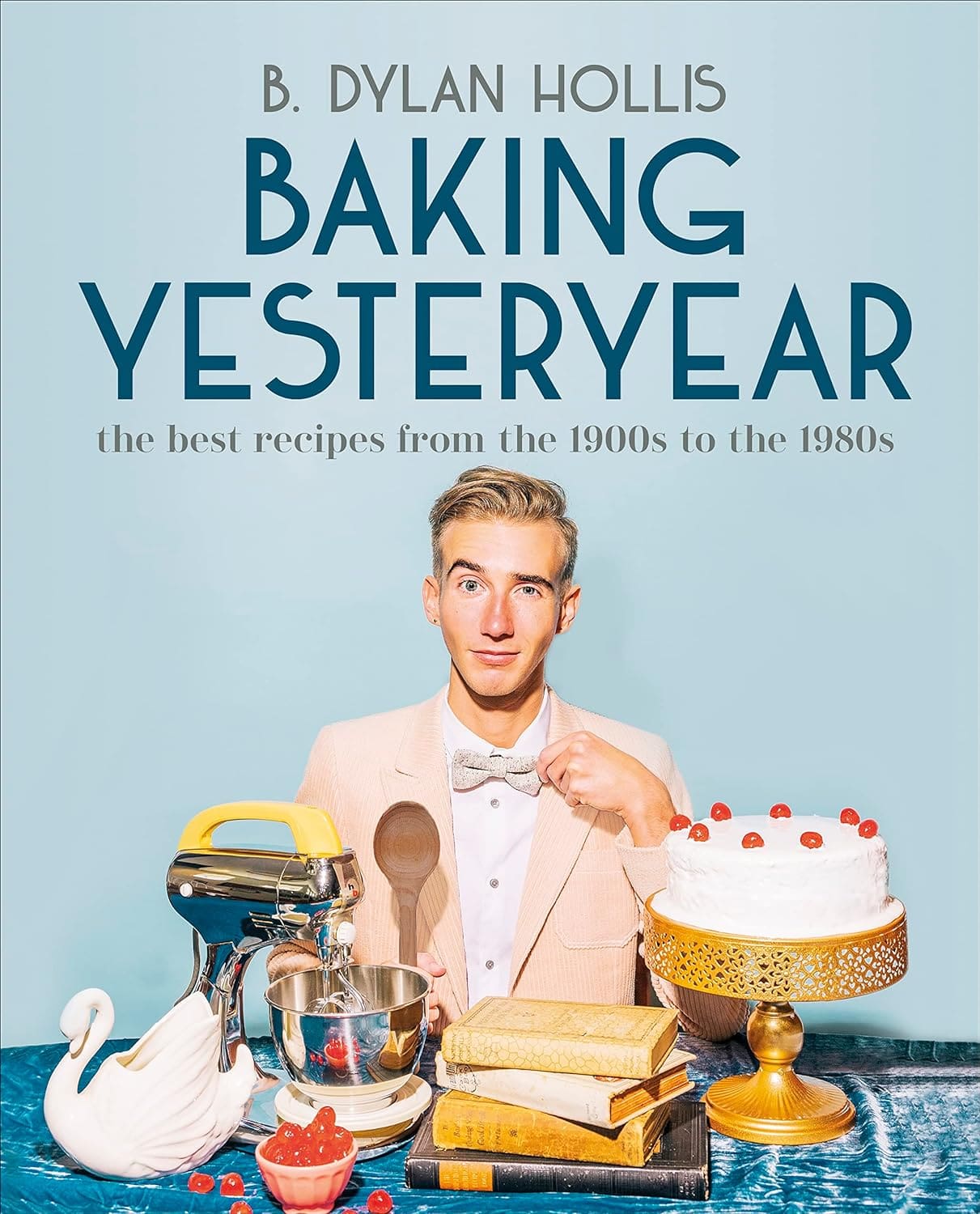Cookbooks & Food
Cookbooks & Food: More than Just Recipes
In every corner of the globe, food is more than sustenance—it’s an expression of culture, history, and love. At the heart of many kitchens lies an essential tool that bridges the gap between culinary novices and seasoned chefs: the cookbook. But what exactly is this culinary bible, and why does it hold such significance?
1. What is a Book of Food Recipes Called?
A book dedicated to food recipes, alongside additional information like food history, preparation techniques, or cultural context, is commonly referred to as a cookbook. These books serve as guides, offering step-by-step instructions to recreate dishes, from simple salads to intricate gourmet platters.
2. What’s a Cookbook?
A cookbook, at its core, is a collection of recipes. But to understand its essence is to delve deeper than mere instructions. It’s often a reflection of generations of culinary wisdom passed down, sometimes interwoven with personal narratives and cultural tales.
Some cookbooks cater to beginners, offering foundational recipes with detailed explanations, while others target professionals, providing avant-garde techniques and innovative ingredient combinations. Many cookbooks also serve thematic purposes: some might focus solely on a specific cuisine, such as Italian or Thai, while others might emphasize a particular type of meal, like desserts or vegan dishes.
Moreover, with the digital age, we also see the rise of e-cookbooks, offering an interactive experience with videos, hyperlinks, and even grocery shopping integrations.
3. What is the Importance of Cookbooks?
Preservation of Culture: Cookbooks play an invaluable role in preserving and passing down culinary traditions. They document age-old recipes, ensuring they aren’t lost to time and continue to be enjoyed by future generations.
Educational Resource: For many budding chefs and home cooks, cookbooks serve as their first instructor. They introduce users to various ingredients, techniques, and the science behind cooking.
Inspiration: Even for experienced chefs, a cookbook can be a source of inspiration, introducing them to new flavor combinations, techniques, or presentation ideas.
Documenting Evolution: Cookbooks also capture the evolution of food trends, preferences, and dietary needs. For instance, with a rising emphasis on health and sustainability, many modern cookbooks focus on plant-based recipes or sustainable seafood choices.
Building Community: Cookbooks, especially community or family-based ones, can strengthen bonds. They often come with stories, memories, and traditions attached to each dish, reinforcing a sense of community.
4. What is the Difference between a Chef Cookbook and a Recipe?
While the terms ‘cookbook’ and ‘recipe’ are often used interchangeably, there’s a subtle difference, especially when we bring in the context of a ‘chef cookbook.’
A Recipe: This is a set of instructions to prepare a specific dish. It includes a list of ingredients, quantities, and step-by-step directions to achieve the desired result.
Chef Cookbook: Within the realm of IT and software, “Chef” refers to a configuration management tool that automates the deployment and management of applications and infrastructures. In this context, a “Chef cookbook” is a fundamental unit that describes system configurations, such as software installations and services, using “recipes.” So, while both a culinary recipe and a Chef recipe provide instructions, the former relates to food, and the latter pertains to software configurations.
Conclusion:
Cookbooks have been pivotal in kitchens for centuries. From preserving age-old traditions to fueling modern culinary innovations, they remain a testament to humanity’s undying love for food and storytelling. As we understand the distinction between various culinary terms and the broader implications of cookbooks, we appreciate the depth and richness they bring to the table—both metaphorically and literally.
Showing the single result


